Tips for a non-programmer to learn Python your way…
Python is touted to be an easy to learn programming language. The programmers say that Python is one of the easiest languages they have ever come across. But for programmers, Python online tutorials might as well fit the bill. Is the non-programmer’s journey to learn Python the same? However, given the wide adoption of Python in a variety of fields, learning Python has become imperative, of late.
So, if you are non -programmer and looking to learn Python, heed what we say and follow the simple steps to learn Python. Enroll for Python online classes from a leading IT training provider, H2K Infosys today.
Why should one learn Python?
Python is a general-purpose language, loved, and most adopted among the businesses. Due to its wide-spread usage in different niches, it is arguably the 2nd most popular programming language presently. Nowadays, Python is used for the following:
- Web Testing
- Web Applications Development
- Data Extraction
- Game Building
- Data Science
- Cyber Security
- Multiple programming paradigms – Object-Oriented Programming, Procedural-Oriented Programming, Functional programming
Tips during Python training for beginners
- Code everyday
When it is a new language, especially if you are a non-programmer, commitment plays a big role in focused learning. Start with 30 minutes of practice and work your way up for longer hours.
- Write it down
For a new programmer, everything seems to be Greek and Latin. So, write down what you feel is complicated, even if you have enrolled in Python online classes.
- Try out interactive learning
Use Python REPL, an interactive Python shell where you can practice coding.
- Group learning
Indulge in group learning where the exchange of ideas takes place with others. Pair up with other learners. If you do not have friends or a group, do not fret. You can either find local events or join other Python enthusiasts at ‘PythonistaCafe’.
- Teach
The ‘learned’ say that the best way to learn is teaching. So, start learning Python by whiteboarding with other Python lovers. Writing a blog explaining a newly learned concept can help in learning too.
- Ask ‘Good’ questions
Usually, they say, there is no such thing as a bad question. Everyone gets an opportunity to learn if a question is asked. But, there is a way to ask a question and it can be bad if not asked properly. So, follow the rules while asking a question.
G: Give a context of what you are trying to do. Describe the context.
O: Outline what you have already tried to fix it. Otherwise, you will end up with the answer that you have tried.
O: Offer the answer, what you think is the right one.
D: Demonstrate what is happening by showing the code, error messages, etc.
- Build something yourself from scratch
Beginners can gain confidence by working on small exercises. Use different concepts like libraries, strings, lists, data frames, and start building programs.
Verdict: Following the above tips and enrolling for Python certification online can bring the best programmer out of you – “even without prior programming knowledge”.
Check out our Python courses for more details at www.h2kinfosys.com.








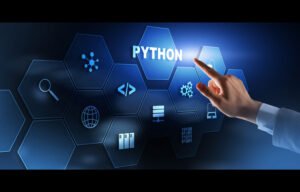

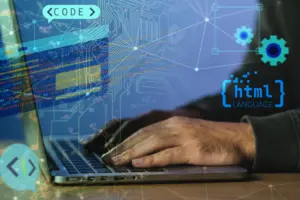
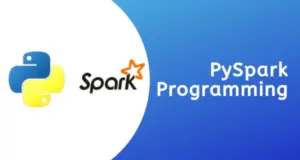



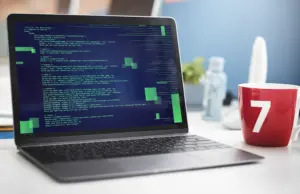









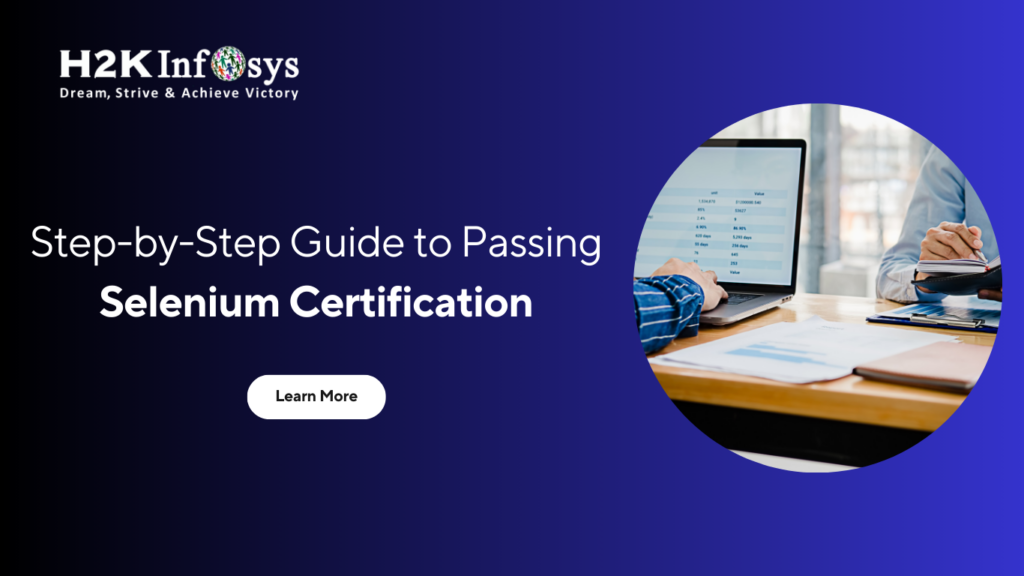





2 Responses